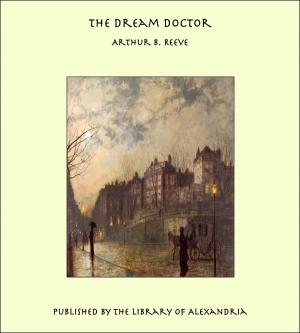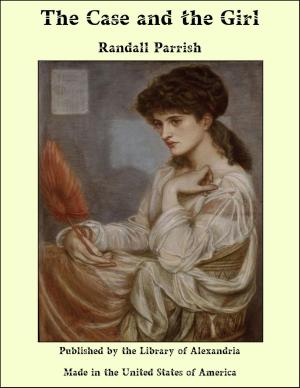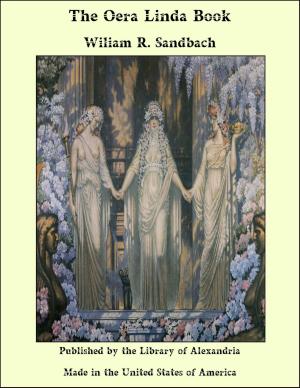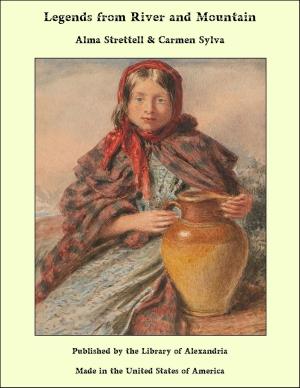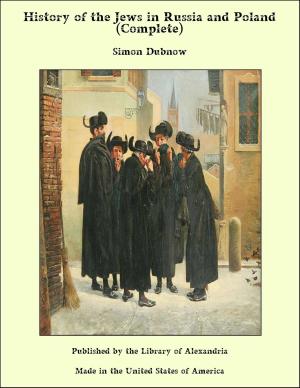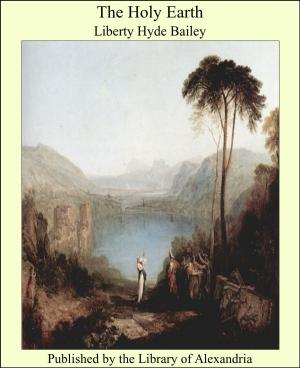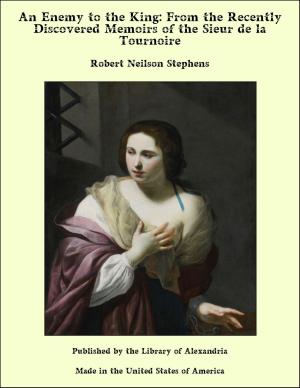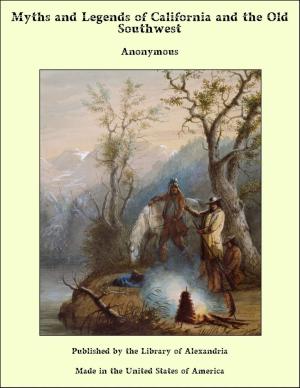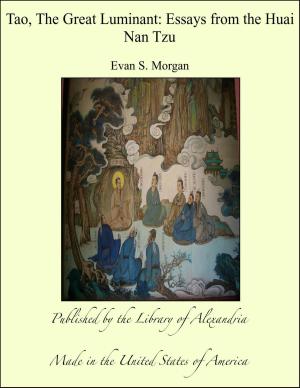The Belief in Immortality and the Worship of the Dead: the Belief Among the Aborigines of Australia, the Torres Straits Islands, New Guinea and Melanesia (Complete)
Nonfiction, Religion & Spirituality, New Age, History, Fiction & Literature| Author: | Sir James George Frazer | ISBN: | 9781465534811 |
| Publisher: | Library of Alexandria | Publication: | March 8, 2015 |
| Imprint: | Language: | English |
| Author: | Sir James George Frazer |
| ISBN: | 9781465534811 |
| Publisher: | Library of Alexandria |
| Publication: | March 8, 2015 |
| Imprint: | |
| Language: | English |
Natural theology, and the three modes of handling it, the dogmatic, the philosophical, and the historical. The subject of these lectures is a branch of natural theology. By natural theology I understand that reasoned knowledge of a God or gods which man may be supposed, whether rightly or wrongly, capable of attaining to by the exercise of his natural faculties alone. Thus defined, the subject may be treated in at least three different ways, namely, dogmatically, philosophically, and historically. We may simply state the dogmas of natural theology which appear to us to be true: that is the dogmatic method. Or, secondly, we may examine the validity of the grounds on which these dogmas have been or may be maintained: that is the philosophic method. Or, thirdly, we may content ourselves with describing the various views which have been held on the subject and tracing their origin and evolution in history: that is the historical method. The first of these three methods assumes the truth of natural theology, the second discusses it, and the third neither assumes nor discusses but simply ignores it: the historian as such is not concerned with the truth or falsehood of the beliefs he describes, his business is merely to record them and to track them as far as possible to their sources. Now that the subject of natural theology is ripe for a purely dogmatic treatment will hardly, I think, be maintained by any one, to whatever school of thought he may belong; accordingly that method of treatment need not occupy us Further. Far Otherwise is it with the philosophic method which undertakes to enquire into the truth or falsehood of the belief in a God: no method could be more appropriate at a time like the present, when the opinions of educated and thoughtful men on that profound topic are so unsettled, diverse, and conflicting.
Natural theology, and the three modes of handling it, the dogmatic, the philosophical, and the historical. The subject of these lectures is a branch of natural theology. By natural theology I understand that reasoned knowledge of a God or gods which man may be supposed, whether rightly or wrongly, capable of attaining to by the exercise of his natural faculties alone. Thus defined, the subject may be treated in at least three different ways, namely, dogmatically, philosophically, and historically. We may simply state the dogmas of natural theology which appear to us to be true: that is the dogmatic method. Or, secondly, we may examine the validity of the grounds on which these dogmas have been or may be maintained: that is the philosophic method. Or, thirdly, we may content ourselves with describing the various views which have been held on the subject and tracing their origin and evolution in history: that is the historical method. The first of these three methods assumes the truth of natural theology, the second discusses it, and the third neither assumes nor discusses but simply ignores it: the historian as such is not concerned with the truth or falsehood of the beliefs he describes, his business is merely to record them and to track them as far as possible to their sources. Now that the subject of natural theology is ripe for a purely dogmatic treatment will hardly, I think, be maintained by any one, to whatever school of thought he may belong; accordingly that method of treatment need not occupy us Further. Far Otherwise is it with the philosophic method which undertakes to enquire into the truth or falsehood of the belief in a God: no method could be more appropriate at a time like the present, when the opinions of educated and thoughtful men on that profound topic are so unsettled, diverse, and conflicting.


